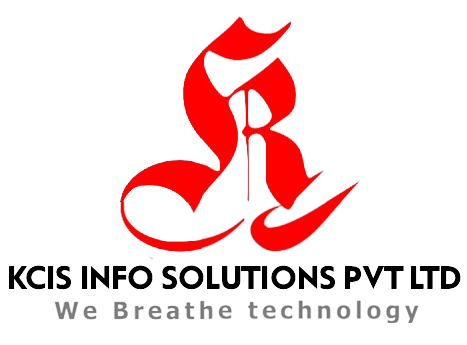POS (Point Of Sale)

POS stands for Point of Sale. It refers to the location or system where a customer makes a payment for goods or services in a retail or business setting. The primary purpose of a POS system is to facilitate the transaction between the customer and the merchant, recording the sale, and often managing inventory and other business operations. Here are some key aspects of POS systems:
Hardware: POS systems typically consist of hardware components like cash registers, barcode scanners, receipt printers, and card readers. Modern POS systems may also include touchscreen displays and tablet-based solutions.
Sales Reporting: POS systems often provide businesses with sales reports and analytics, helping them understand customer behavior, popular products, and overall business performance.
Payment Processing: Modern POS systems can accept a variety of payment methods, including credit cards, debit cards, mobile payments (like Apple Pay and Google Wallet), and even cryptocurrencies in some cases.
Customer Relationship Management (CRM): Some advanced POS systems include CRM features to help businesses manage customer data and build customer loyalty through rewards programs and targeted marketing.
Employee Management: POS systems can also help businesses track employee hours, manage schedules, and monitor sales performance.

Customer Relationship Management (CRM): Some advanced POS systems include CRM features to help businesses manage customer data and build customer loyalty through rewards programs and targeted marketing.
Employee Management: POS systems can also help businesses track employee hours, manage schedules, and monitor sales performance.
Security: Security is crucial in POS systems to protect customer payment information. This includes encryption of data, compliance with Payment Card Industry Data Security Standard (PCI DSS), and security measures to prevent fraud.
Cloud-Based Solutions: Many businesses are shifting to cloud-based POS systems that offer scalability and remote management. These systems enable businesses to access their data and manage their operations from anywhere with an internet connection.
Overall, POS systems play a central role in retail and many other industries by streamlining transactions, improving efficiency, and providing valuable insights for businesses to make informed decisions.

